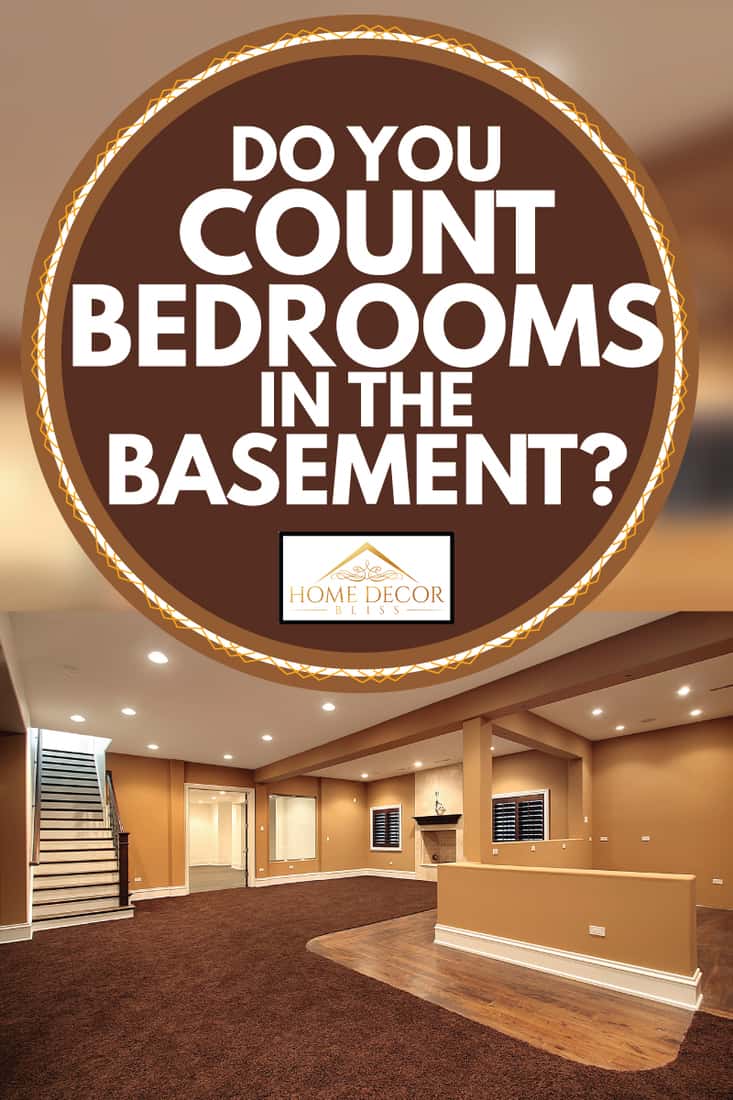Perhaps you're thinking about adding bedrooms in the basement, but do they count if you're going to put your house on the market? Knowing this information can be a game-changer when you decide how much money to spend on a basement renovation. We've consulted with our experts and have some thoughts for you about your basement bedrooms.
For a bedroom to count as a legal bedroom, it must meet some basic requirements. These include:
- It must have a window appropriate for emergency escape
- The windowsill must be at an appropriate height from the floor
- It must have a minimum natural light and exterior ventilation
- It must have a closet
Let's take a closer look at these requirements for basement bedrooms. Then we'll explore the types of basements and how much value they can add to your home.
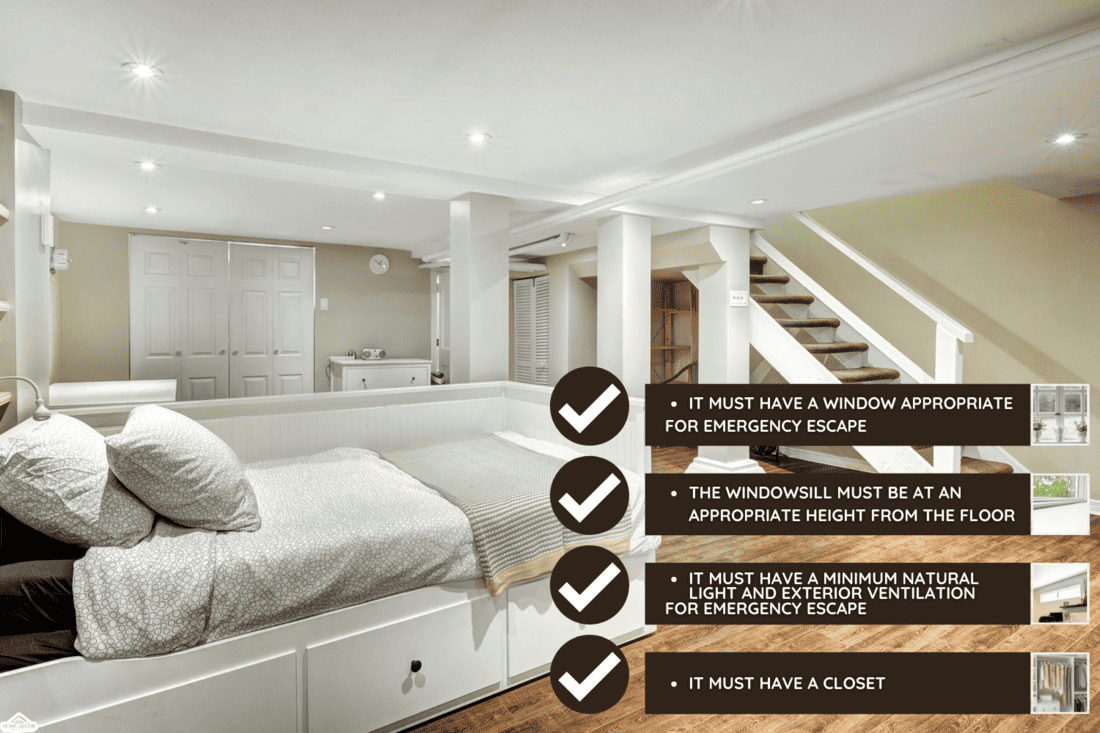
When Can You Count A Bedroom In Your Basement?
To count your basement bedroom, it must meet some minimum requirements from the UBC (Uniform Building Code). Keep in mind that many states will have their own state-specific codes, so make sure you get that information. Let's look at the basic requirements.
A Window Appropriate For Emergency Escape
Any room considered a bedroom must have a window that can be used for emergency escape. This is standard code, and without it, though you may have a room you call a bedroom in your basement, it won't legally be a basement. These windows must be large enough for a person to leave through in case of fire.
The openable portion of a bedroom window must have a minimum dimension of 5.7 square feet. The width of window openings must be no less than 24 inches and the height no less than 20 inches. If the windowsill in a basement bedroom is lower than the outside grade level, there must be an exterior window well that meets an additional list of minimum size requirements.
The Windowsill Must Be A Specified Maximum Height From The Floor
For your bedroom basement to qualify as a legal bedroom, your windowsill must be low enough to the floor to actually use. The standard measurement is no higher than 44 inches above the floor. Older homes allowed for that to be exceeded as long as a permanent ladder is affixed to the window.
There Must Be Natural Light And Exterior Ventilation
We sometimes add affiliate links and content that was curated and created by our team with the help of advanced ai tools to help showcase the best design styles.
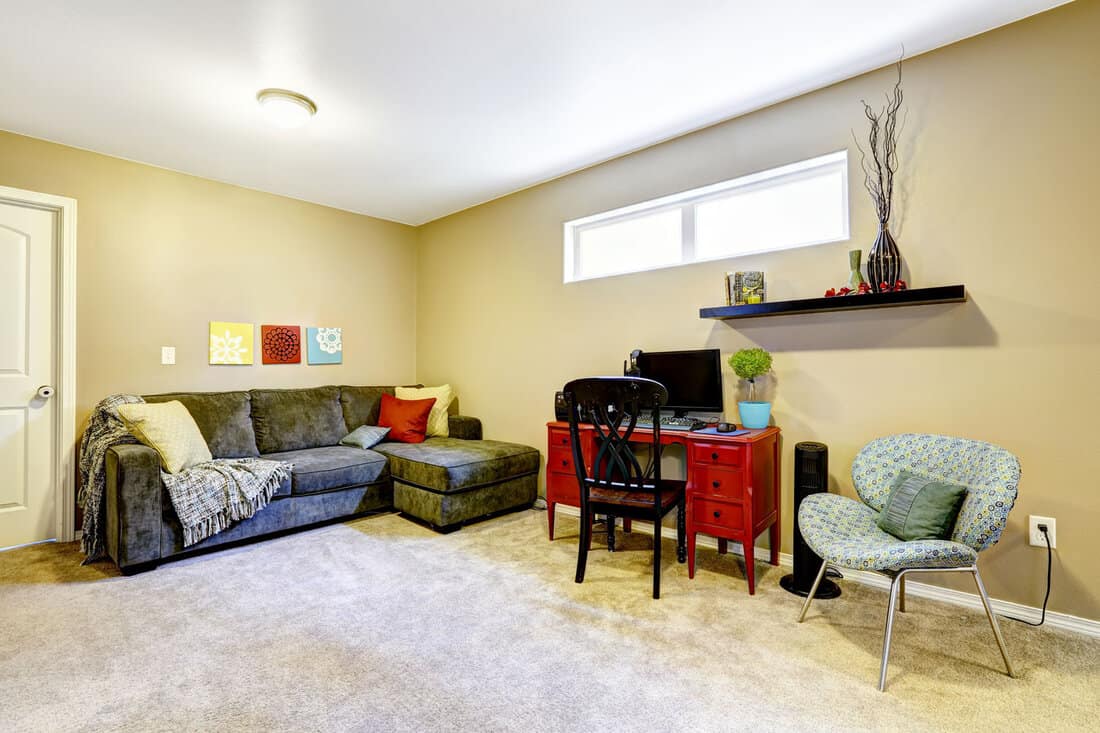
For your room to count as a legal bedroom, it must have natural light and exterior ventilation. In the case of natural light, the area of the window, according to the Uniform Building Code (UBC), must be no less than one-tenth of the room’s floor area. For ventilation, the UBC requires the area of the window opening to be no less than one-twentieth of the room’s floor area.
Closets, Or Not?
Having a closet is not part of the UBC, but is a consideration in many states and with many appraisers. You'll need to check with your state to find out if your room must have a built-in closet to be considered a legal bedroom.
How Much Value Does A Basement Bedroom Add?
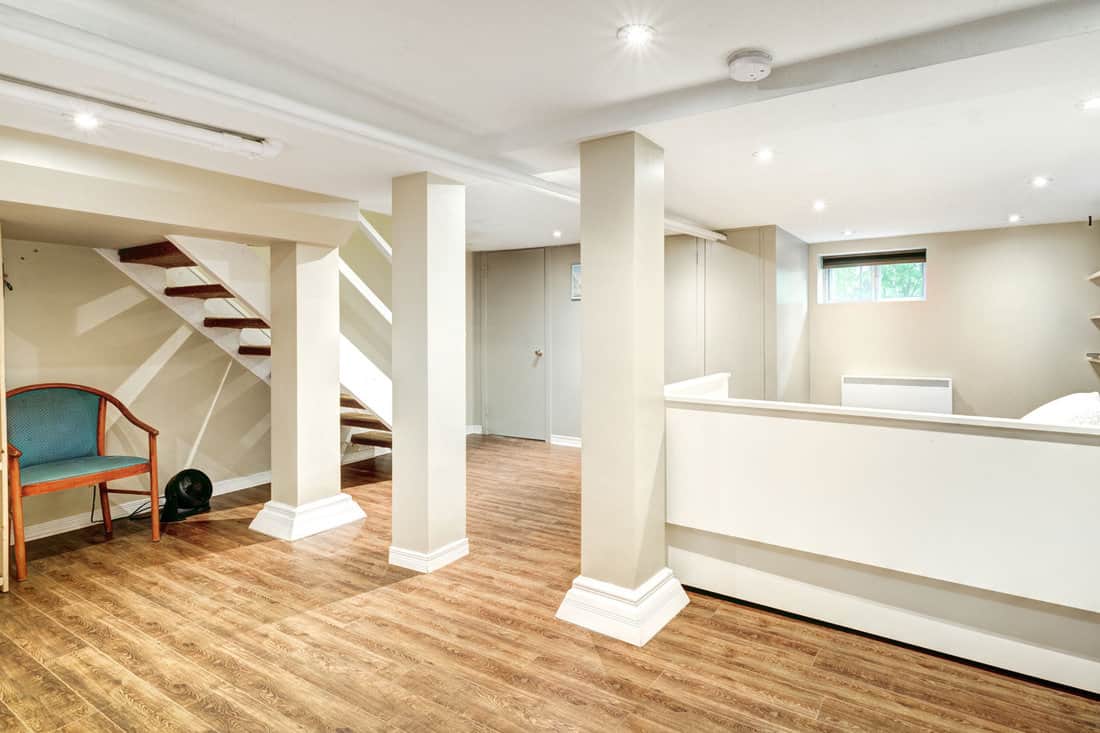
Square footage in a home is the calculation of above-grade spaces. Above grade refers to the rooms that are above ground level. Depending upon your type of basement, an appraiser may not include your basement's square footage in the home's value calculation.
That said, if you need additional bedroom space and you have the proper egress window so that the bedroom is to code, then it can add some value. Realtors will note the legal bedrooms (egress window and closet) in a properly finished basement on their listings, even if they can't list it in the square footage. And if you need that extra bedroom, then the value is there.
Depending upon where you are in the country, the value of your finished basement will be roughly 50-80% of the investment made in refinishing it.
Does A Walkout Basement Add Value?
Of the three types of basements (walkout, garden-level, and standard lot), the walkout basement has the most value. These basements have one full side that is at ground level and is only partially below grade. Most appraisers will calculate a walk-out basement's square footage as above-grade, making it as valuable as any other part of the home. Though that means your taxable value goes up, too, which it won't do with the other two types of finished basements.
Can A Finished Basement Count Toward The Home's Square Footage?
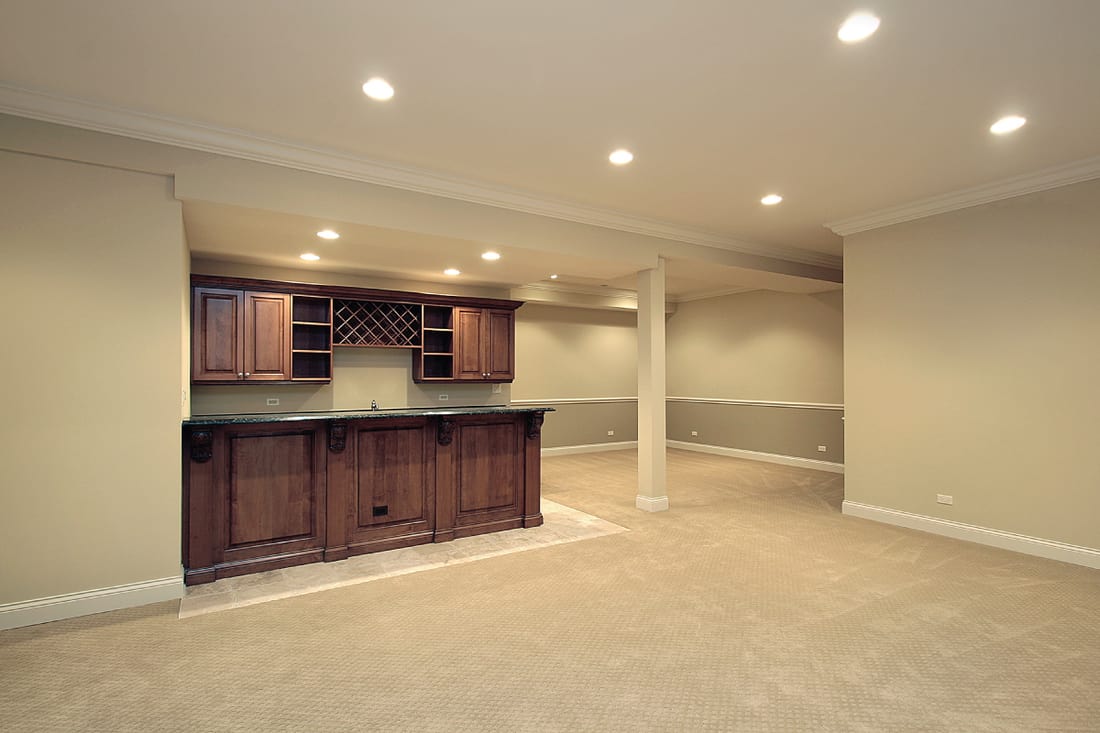
As we mentioned above, it depends upon the type of basement. A standard lot basement, which is primarily below ground with only a few small windows near ceiling level (or none at all), will not add value to your appraisal or square footage. This also means it won't add tax value either, which is a bonus.
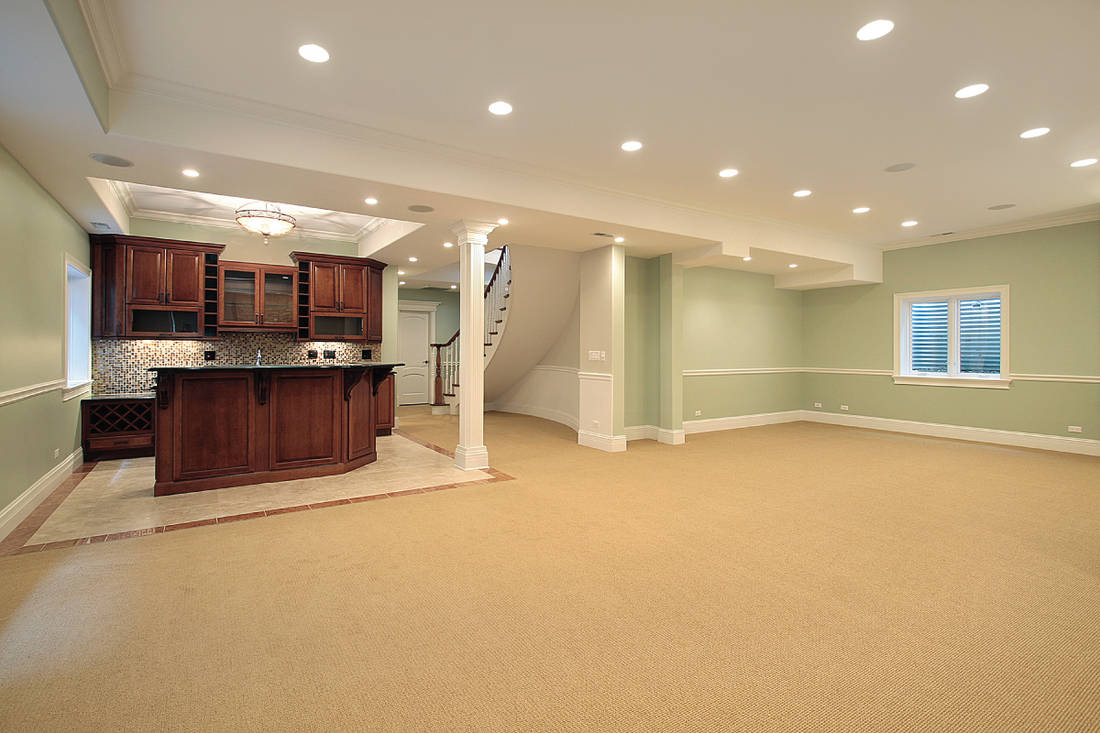
The same goes for a garden-level basement which may have larger windows but generally won't have a door to the outside. But a finished space with windows to the out-of-doors adds intrinsic value even if it doesn't add "valued" square footage. A room used by you and your family still counts for living space.
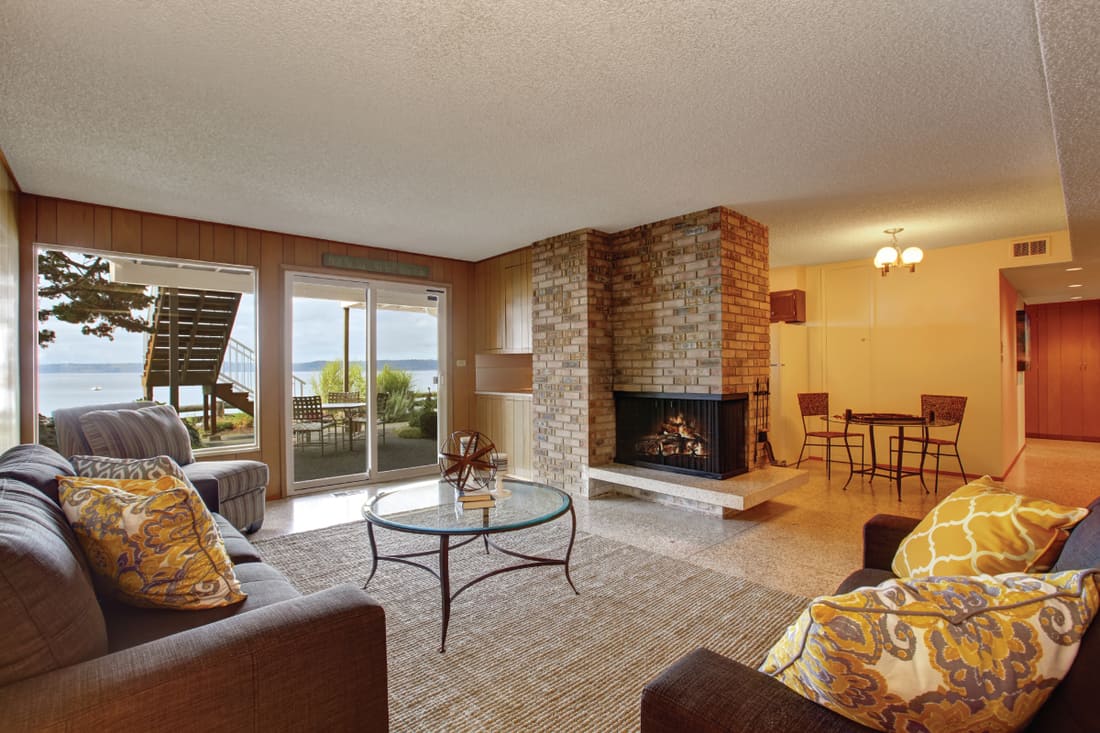
A walkout basement with one whole side that is on the ground level is the one type of basement that does count toward the home's square footage. It's more like a lower floor of a house than a true basement. But with added square footage in the appraisal comes added tax. So it's kind of a half a dozen of one, six of the other type of scenario.
What Rooms Are Counted In An Appraisal?
When thinking about what's counted in the appraisal, think about a couple of things. Are the rooms finished? Do they have appropriate ceiling heights? Bedrooms, living rooms, dining rooms, laundry, bathrooms are all included in your square footage. Garages are not. Covered porches and three-season rooms also don't count.
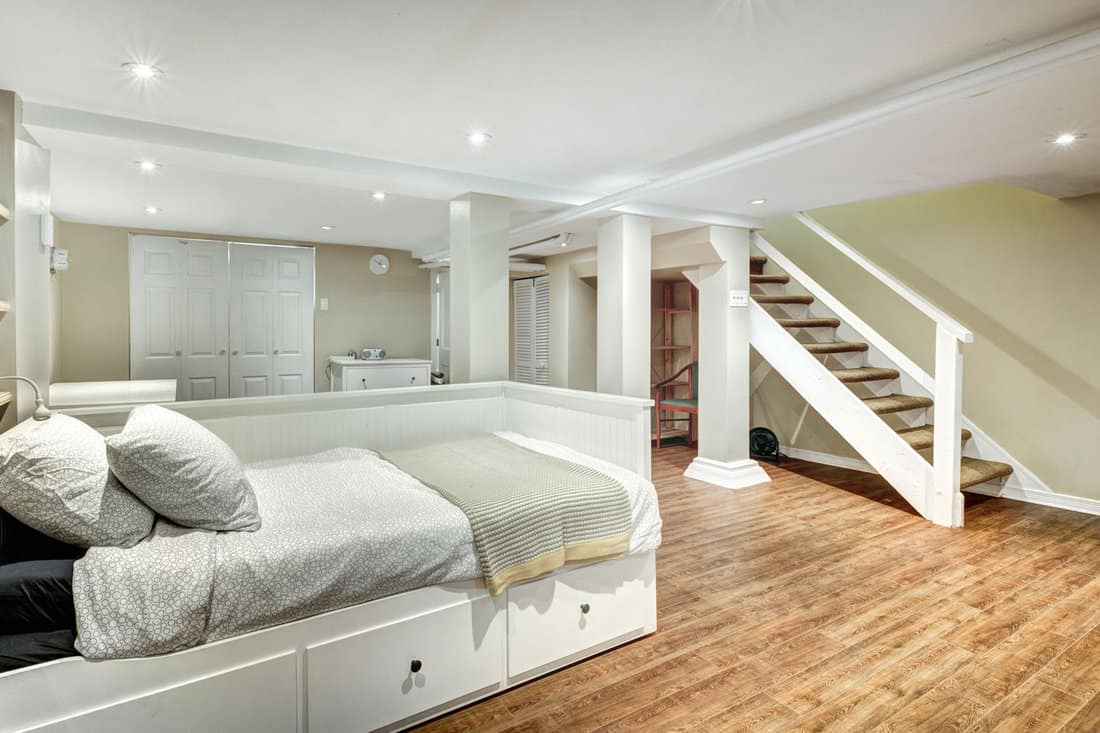
If you have a Cape Cod style home with sloping ceilings, only the portion of the room that has legal height ceilings (typically 7-8' depending upon your area) is counted in the square footage. Fireplaces, bay windows, and other bump-outs are not included in square footage.
Finished basements can add value, but if they are below grade, that value will only be half of the value of above-grade rooms. For instance, if your upstairs bedroom appraises at $6,000, your finished basement bedroom only adds $3,000 to the overall value of your home. But your realtor and appraiser will look at comparables in your area, and a home with a nice finished basement will have more value than a home without one.
More To Consider Than Money
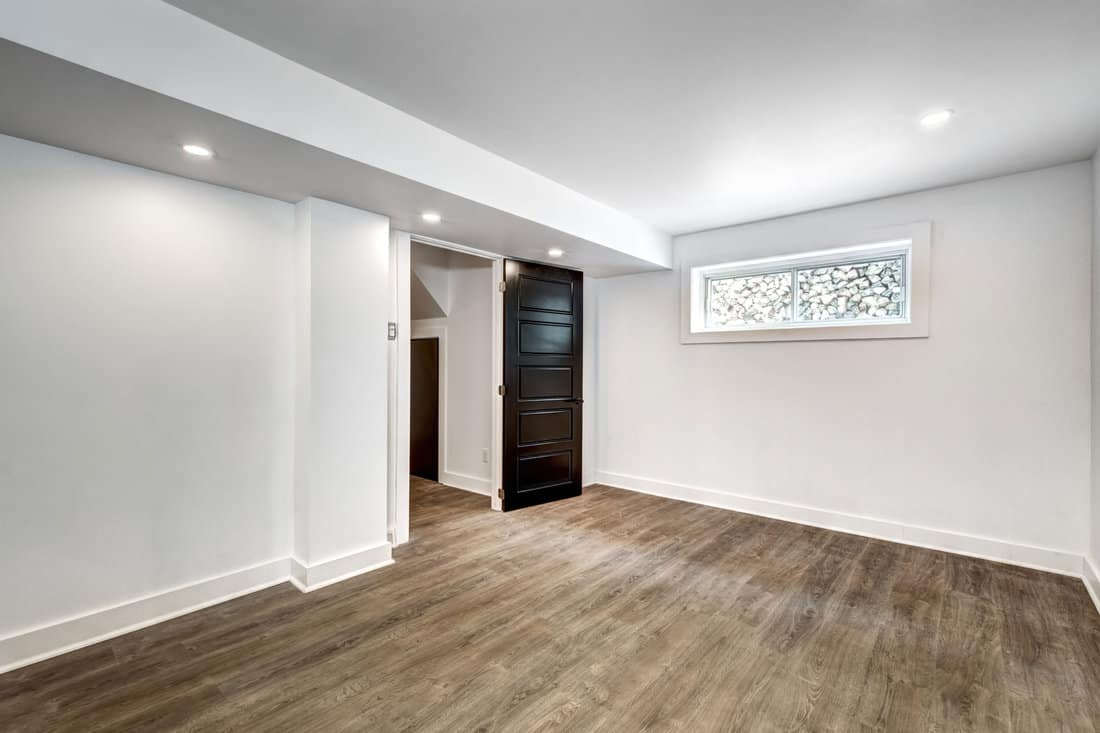
It's good to know what counts when redoing your basement, but does it matter if you need the space? Realtors typically recommend considering keeping your overall spend on a finished basement to about 10% of the overall value of your home. This way, you can get the space you need, but keep from getting into a monetary bind.
Space is premium and a finished basement can add extra living and sleeping quarters that are valuable to your family. That counts for more than anything.
We hope you enjoyed this post here at HomeDecorBliss.com. For a few other intriguing posts, please check out these we think may interest you:
30 Awesome Rustic Basement Ideas (Photo List Inspiration)
21 Wall Decor Ideas For Basement
